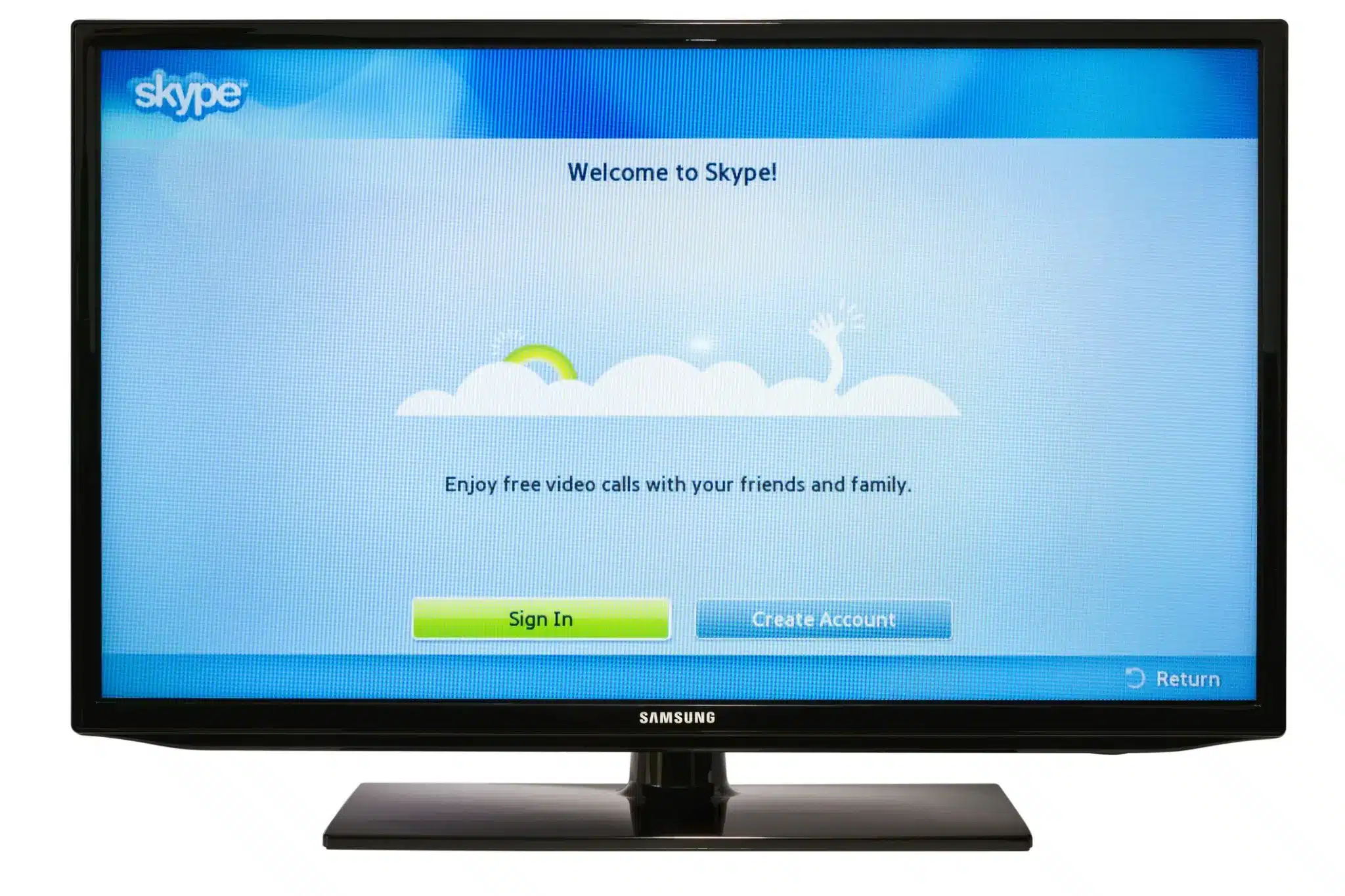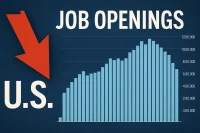Skype, once a leader in online video calling, will officially close in May, according to its owner Microsoft.
The announcement marks the end of a platform that helped shape how people connect online.
A Look Back at Skype’s Rise
Launched in 2003, Skype quickly became one of the most popular communication tools in the world. It allowed users to make voice and video calls to anyone with an internet connection, all for free.
Microsoft acquired Skype in 2011 for $8.5 billion, its biggest purchase at the time. The software was then integrated into other Microsoft products, including Windows and Xbox.
Some key moments in Skype’s history include:
- In 2005, Skype helped millions of people avoid expensive international call fees.
- By 2010, the service had been downloaded over one billion times.
- In December 2010, a global outage lasting two days led technology journalist Om Malik to call Skype one of the “key applications of the modern web.”

Why Is Skype Closing?
While Skype once dominated online calls, its popularity has faded over the past decade.
The rise of messaging platforms like WhatsApp, Facebook Messenger, and Zoom gave users more options.
Microsoft also shifted its focus to Teams, a platform designed for both business and personal communication.
During the Covid pandemic, Teams became essential for remote work, which accelerated Skype’s decline.
In 2017, Microsoft redesigned Skype, adding Snapchat-style features. Users were unhappy with the changes, arguing the updates fixed what wasn’t broken.
In 2021, Microsoft excluded Skype from Windows 11, a sign that its future was in doubt.
Instead, Teams became the default communication tool on the operating system.
What Happens Next for Skype Users?
Microsoft confirmed that Skype will officially shut down in May 2025. In a blog post, Jeff Teper, Microsoft’s president of collaborative apps and platforms, said the company wants to simplify its free services by focusing on Teams.
Skype users will have two main options:
- Switch to Teams: Users can sign in to Microsoft Teams using their existing Skype account. Chats and contacts will carry over.
- Export Data: Users can download their Skype chat history, contacts, and call logs before the service shuts down.
For users who pay for premium Skype features, Microsoft says they can continue until their next billing date. However, it’s unclear what happens if that renewal date falls after the shutdown in May.
Hiring? Post jobs for free with WhatJobs
The Legacy of Skype
The closure triggered a wave of nostalgia from long-time users. Many shared memories of their first video calls with friends, family, and even long-distance partners.
One user posted: “My best friend and I spent hours talking on Skype. This feels like losing a piece of my teenage years.”
Another early user, Louise, recalled using Skype to keep in touch with her partner across the Atlantic before smartphones made video calling common. “It felt magical back then,” she said. “We forget how recent free global calls really are.”
Anna Simpson, from marketing firm Cedarwood Digital, remembered video-calling her grandparents after they moved to France. “It felt like magic,” she wrote. “No more expensive international charges—just a quick dial and some blurry faces on screen.”
Need Career Advice? Get employment skills advice at all levels of your career
What This Means for Online Communication
With Skype disappearing, Microsoft’s focus is fully on Teams. While Teams offers many of the same features, including messaging, file sharing, and video calls, it’s designed for a world where work and personal communication overlap.




